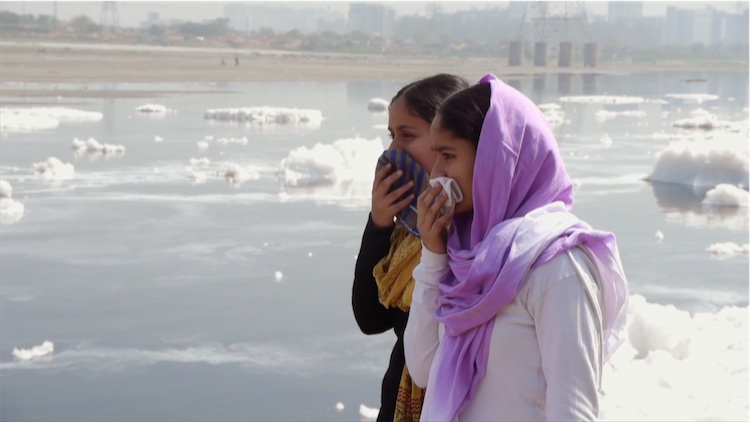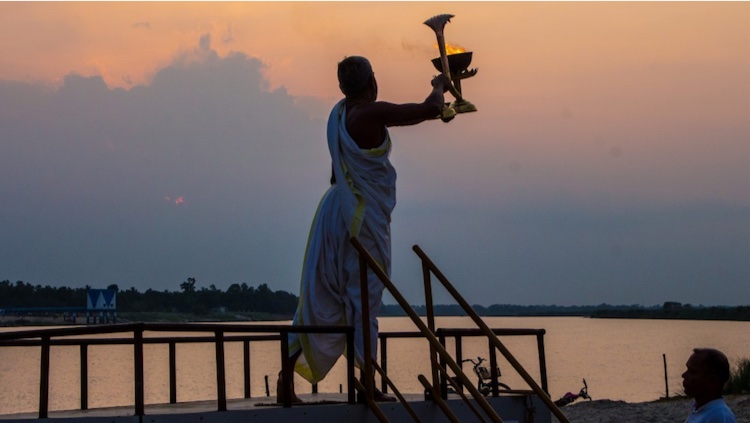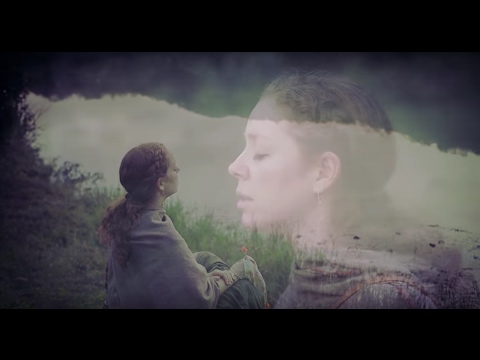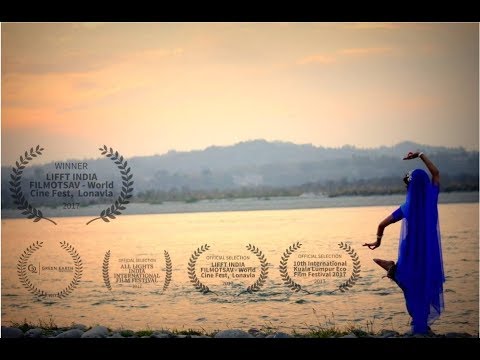Tag: river
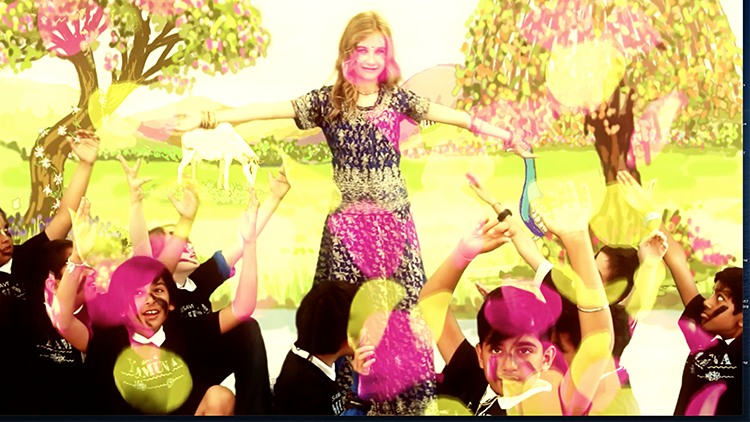
May 06, 2020
Give Us Back The Yamuna River – New Video by Jayadeva Das and the Bhaktivedanta Manor Children
Patita Pavana Dasa
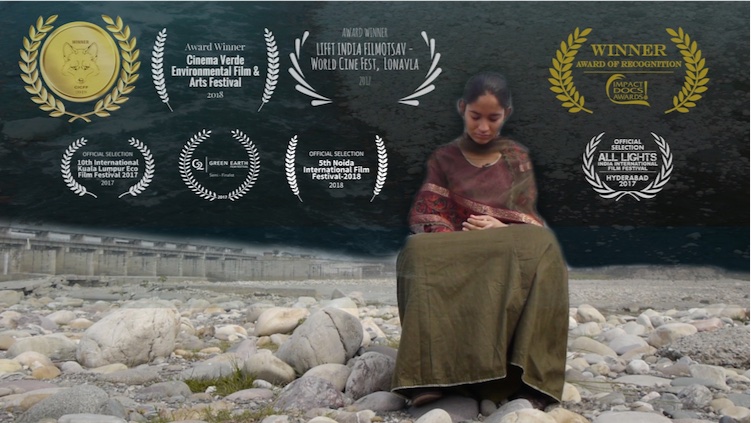
Mar 20, 2018
World Water Day: Award-winning Film About the Yamuna Released for Public Screening
ISKCON News Staff
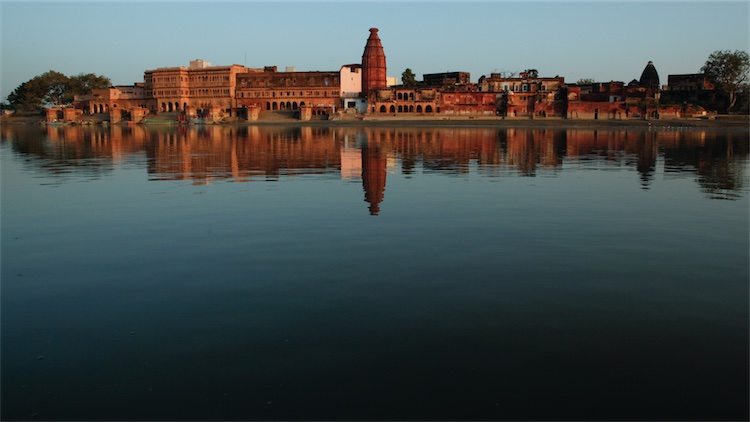
Apr 17, 2017 Fine Arts
Giving Human Rights to the Yamuna Is Not Enough, New Documentary Reveals
Madhava Smullen






